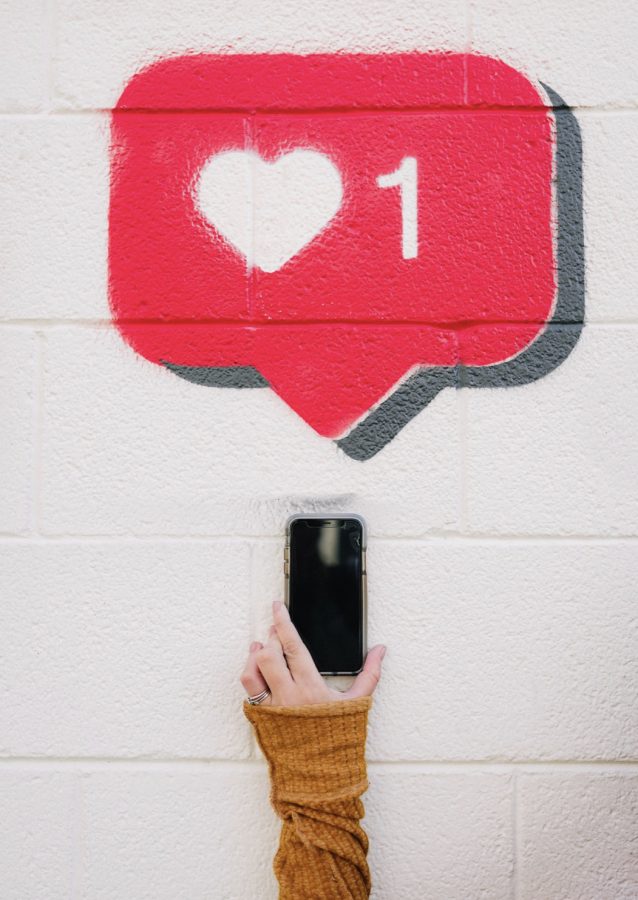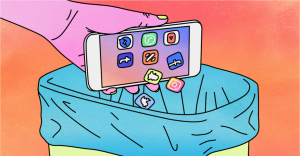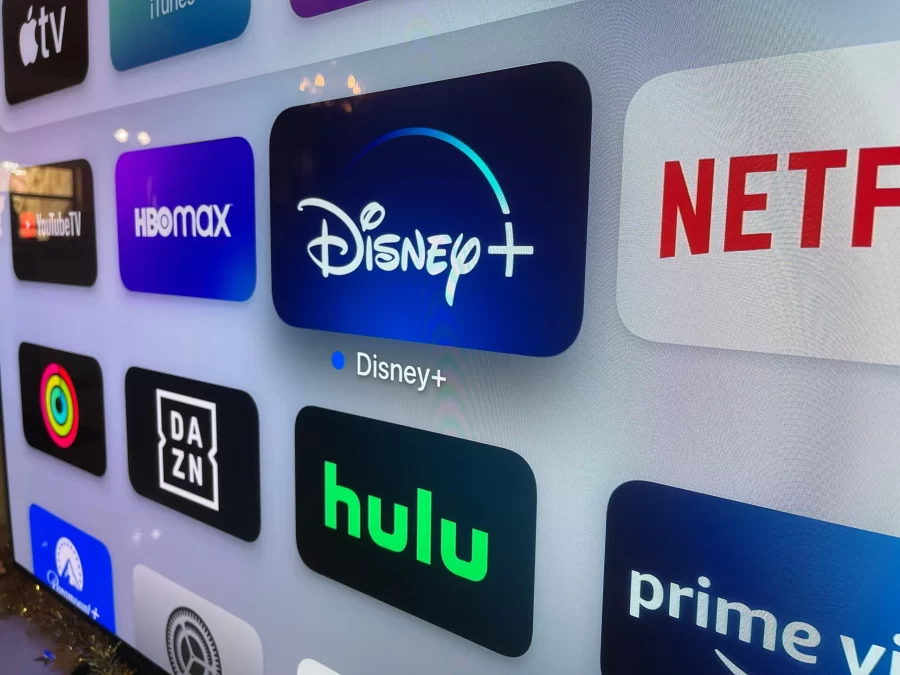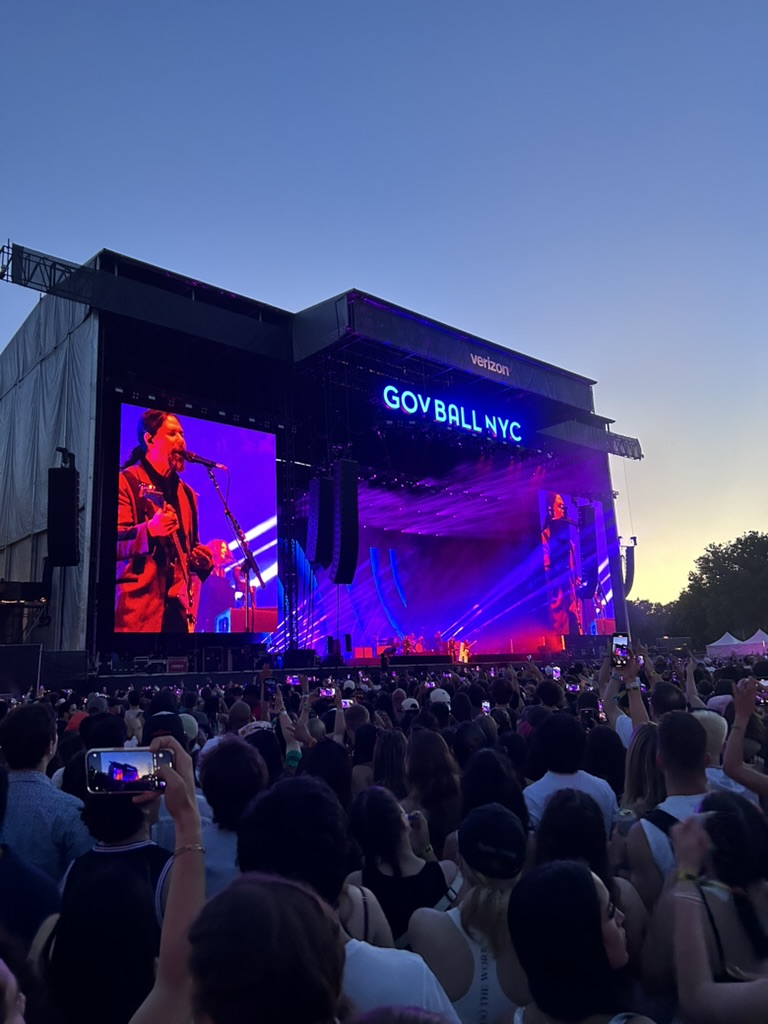Do you like likes? Instagram may be removing them
Karsten Winegeart via Upsplash
Soon, this image might not make any sense to social media users.
March 23, 2021
On Tuesday, March 2nd, Instagram had a glitch that released an update that hid the number of likes on a post, replacing it with a vague description of “and others.” In 2019, Instagram first announced that they would begin testing the feature by implementing it for a scattering of users. The company made it so that users could see the amount of likes on their own post, but no one else’s. This decision was made to try to mitigate the negative mental health effects that have plagued users today.
 Instagram’s CEO, Adam Mosseri said that Instagram “will make decisions that hurt the business if they help people’s well-being and health.” (Wired). Despite the company’s good intentions, some users were slightly freaked out for the few hours when likes did not exist.
Instagram’s CEO, Adam Mosseri said that Instagram “will make decisions that hurt the business if they help people’s well-being and health.” (Wired). Despite the company’s good intentions, some users were slightly freaked out for the few hours when likes did not exist.
Darien High School juniors Majken West and Evie Wakim think it is a good thing to remove likes, though West admitted that “at first [she] was confused and frustrated because [she] like[s] to see how many likes [she] gets.” After a day, however, she “realized that it doesn’t actually matter.” Still, the like button is essential to every social media’s identity. Facebook, Instagram, Twitter, and Tik Tok all rely on the like button to boost interaction and popularity. West and others consider it a core characteristic of what makes social media entertaining. It qualitatively defines popularity and trends. The idea that one post is the “best” one is not subjective when likes exist. Likes put a number on that post and as long as the number exceeds other post’s numbers, there is no question about its approval rate.
DHS student Mimi Wade thinks that Instagram is right to remove likes “because the cons outweigh the pros” of having them. She thinks that “a lot of people project their insecurities onto social media and by seeing the validation other people get, it’s human nature to feel worse about yourself.” Likes create opportunities for inescapable comparisons. As Wade said, the alternative to a like is no like, which in some ways is a criticism in itself. A lack of likes is just as harmful as direct hate when people are receiving so many more than you. It is easy to compare the numbers and assume that you did something wrong to receive fewer likes.
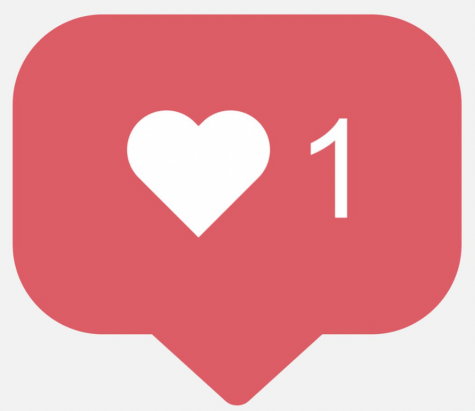 The glitch on Tuesday was just an abrupt start to the potential total removal, but in other nations such as Australia, Brazil, Canada, Ireland, Italy, Japan, and New Zealand, Instagram has been testing the feature since 2019 (Business Insider). CEO Mosseri told BuzzFeed News that removing likes was “about creating a less pressurized environment where people feel comfortable expressing themselves.” (Business Insider). After all, Instagram is intended to be a creative outlet free of the competitiveness that has developed over the years.
The glitch on Tuesday was just an abrupt start to the potential total removal, but in other nations such as Australia, Brazil, Canada, Ireland, Italy, Japan, and New Zealand, Instagram has been testing the feature since 2019 (Business Insider). CEO Mosseri told BuzzFeed News that removing likes was “about creating a less pressurized environment where people feel comfortable expressing themselves.” (Business Insider). After all, Instagram is intended to be a creative outlet free of the competitiveness that has developed over the years.
Instagram is not the only platform experimenting. In 2019, Facebook tried it out and Twitter CEO Jack Dorsey has been alluding to the removal of public likes for many years (Business Insider).
For the most part, it seems like the removal of likes would alleviate some of the pressure and insecurity about posting on Instagram. However, there is the risk that users will lose interest once some of that competition, and maybe excitement, no longer exists. As one of the first generations to grow up using social media, we bear a lot of uncertainty about how healthy it is and how far it should go. The harm comes from the fact that likes measure approval and put it on public display for others to judge. Perhaps the removal of likes is just what we need to bring ourselves back to the real world where that pressure does not exist and creative platforms can actually be just for creativity instead of a place that jealousy and competition have infected.

